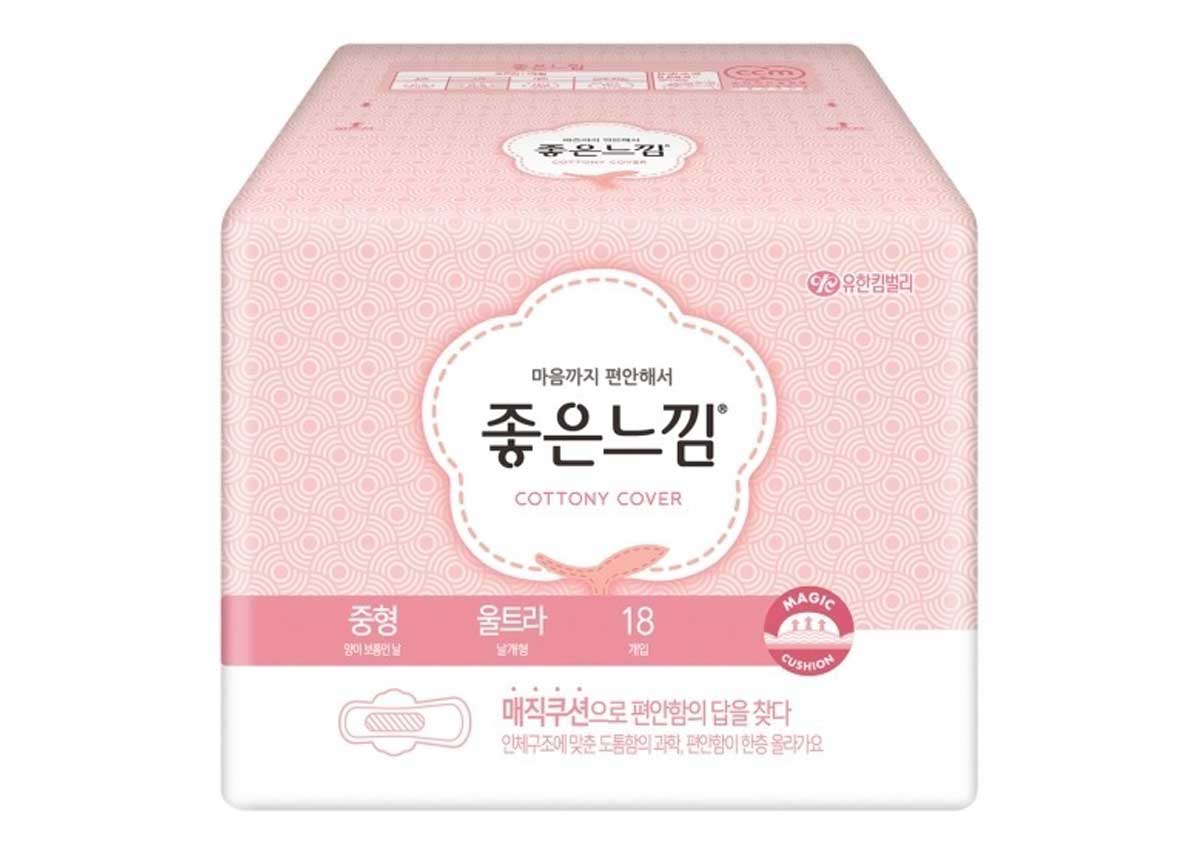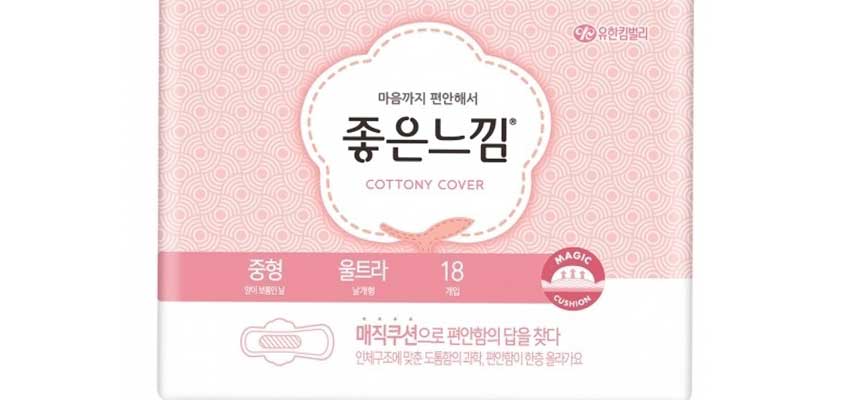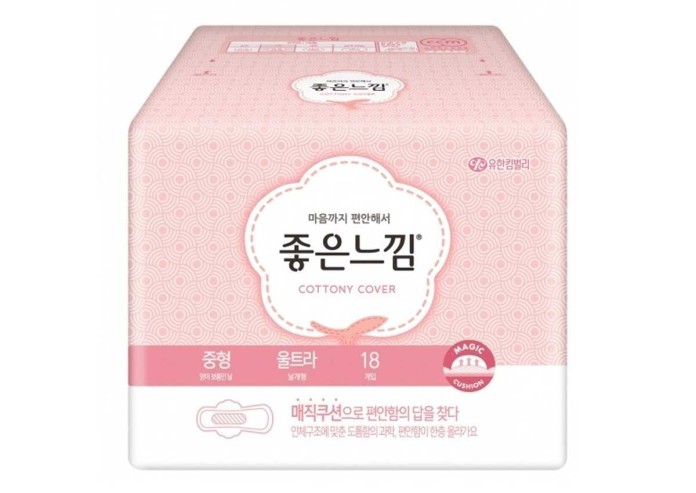A South Korean sanitary pad maker’s decision to raise prices has sparked anger, as stories of low-income teenagers resorting to using shoe insoles and toilet paper circulated on social media.
Yuhan-Kimberly, the country’s leading manufacturer of diapers, tissues and feminine hygiene products, recently released a new, more expensive premium line of sanitary pads, seemingly contrary to its previous decision to freeze prices on the products.
Last month, the firm also announced plans to raise prices on its sanitary pads by up to 20 per cent, starting from June 1. The notice immediately garnered backlash from local consumers and advocacy groups against the company, which accounts for roughly 55 per cent of the local sanitary pads market.
A public discussion erupted over the rising price of sanitary pads in South Korea, including stories of low-income teenagers using shoe insoles and toilet paper as cheap alternatives for actual sanitary pads.
The Korea Times reported a Twitter user as saying: “My teacher said she found out one of her students was absent for a week because she had no choice but to stay home during her period as she couldn’t buy sanitary pads.”
“I had a friend who grew up in a poor family without a mom. Feeling uncomfortable to ask her father to give her money to buy the pads, she used a shoe insole as a substitute,” wrote another user, according to The Korea Times.
Faced with mounting criticism, Yuhan-Kimberly cancelled its general price hike agenda earlier this month. Yet days later, it released a more expensive, premium version of its flagship sanitary pad brand Good Feel.
The newly launched Good Feel Magic Cushion, which is priced 7.5 per cent higher than the original product, is specially designed to be more absorbent and comfortable for the wearer, the firm said, explaining the price hike.
To mitigate the resulting public fury, Yuhan-Kimberly further pledged on June 3 to “develop and release a lower-priced sanitary pad product by the end of this year” and to “immediately start distributing 1.5 million pads to students from low-income families.”
“We believe it is very unfortunate that some teenagers cannot easily afford sanitary pads. Therefore, we decided to establish a practical plan to help them,” Yuhan-Kimberly said in a statement.
“The new lower-priced pads will offer wider purchase options to teens in financially difficult situations,” it said.
However, controversy over sanitary pad prices continues to linger. According to the Korea National Council of Consumer Organisations, the local price of sanitary pads does not reflect the falling price of the source materials.
While the average price of sanitary pads rose by around 25.6 per cent from 2010 to April 2016, the import price of pulp and felt dropped by 29.6 per cent and 7.6 per cent, respectively, during the same period, according to the consumer organisation.
“It is wrong for women to have to bear the cost burden of sanitary pads, while manufacturers hide the production costs,” Chung Seul-ah, director of health at women’s advocacy group Korean Womenlink, was quoted as telling local newspaper Kyunghyang Shinmun.
“The Korean government needs to actively devise a solution for the continually rising price of sanitary pads,” Chung said.







